In February 2014, porcine deltacoronavirus emerged in the US nearly one year after the initial detection of porcine epidemic diarrhea virus, further impacting the US swine industry. Dr. Mariana Kikuti with the Morrison Swine Health Monitoring Project at the University of Minnesota, along with colleagues Drs. Catalina Picasso-Risso and Cesar Corzo, conducted a Swine Health Information Center-funded study to fill the gaps in current epidemiologic information regarding PDCoV post-introduction.
MSHMP data available between January 2015 and December 2023 were analyzed, representing approximately 60% of the US breeding herd. During the study period, 244 PDCoV outbreaks occurred across 186 sites from 22 production systems in 16 different states. Yearly cumulative PDCoV incidence ranged from 0.44% in 2017 to 4.28% in 2023. Research findings underscore the importance of continued monitoring and control measures to mitigate the impact of PDCoV in the US.
Read the published study here.
PDCoV causes atrophic enteritis in neonatal piglets, leading to acute watery diarrhea, malabsorption, dehydration, and death. In 2014, upon initial emergence, data from laboratory testing indicated PDCoV was detected in 25-30% of samples submitted from clinically affected pigs, with cases being reported across >10 states. In reporting from US veterinary diagnostic laboratories, PDCoV occurrence is described as the percentage of positive case submissions. Since laboratory submissions more frequently represent clinically affected cases, the probability of testing positive is typically greater than the general swine population.
In the current study, researchers utilized data available from producer participants who report PDCoV weekly status to MSHMP. Data from the participating breeding herds was utilized to calculate the yearly cumulative incidence of PDCoV as an estimation of disease occurrence across the general breeding population. Providing a unique dataset, MSHMP includes the weekly status of herds both clinical and nonclinical for diarrheal disease.
Since January 2015, results of the study showed a total of 244 PDCoV outbreaks have been reported to MSHMP, originating from 186 sites, belonging to 22 production systems, and located across 16 US states. During the entire nine-year period (2015-2023), 140 herds reported one PDCoV outbreak, 36 herds reported PDCoV twice, eight reported it three times, and two herds reported PDCoV outbreaks four times. For sites that experienced more than one PDCoV outbreak during the study period, the interval between outbreaks had a median interval of 2.11 years, ranging from two months to almost five years.
PDCoV case locations were divided into West, Midwest, Northeast and South. Most cases occurred in the South (69.9%) and the Midwest (24.7%), with the remaining cases located in the West (1.6%) and Northeast (0.5%). While most cases occurred in the Midwest in 2015 and 2016, a change occurred in 2017 when most cases originated in the South. The yearly cumulative PDCoV incidence ranged from 0.44% in 2017 to 4.28% in 2023.
Researchers noted that no standardized classification of PDCoV status has been proposed that would allow an estimate of disease prevalence fluctuations over time. Further, the absence of universally adopted standardized criteria for declaring a herd negative post-outbreak also hampers the ability to have a comprehensive understanding of an outbreak’s duration. “Efforts to standardize monitoring and classifying a herd as negative after an outbreak should be made if the goal is to better understand the disease dynamics,” investigators wrote. While PDCoV occurs at a much lower frequency than other important swine diseases such as PEDV, this study provides evidence that PDCoV is still present in US breeding herds and that incidence has increased when compared to early years immediately post-introduction. The findings from this study highlight the importance of continued monitoring of PDCoV in US breeding herds to note changes in occurrence and that focus on control measures is needed to limit the impact on US swine production.
The Swine Health Information Center, launched in 2015 with Pork Checkoff funding, protects and enhances the health of the US swine herd by minimizing the impact of emerging disease threats through preparedness, coordinated communications, global disease monitoring, analysis of swine health data, and targeted research investments. As a conduit of information and research, SHIC encourages sharing of its publications and research. Forward, reprint, and quote SHIC material freely. For more information, visit http://www.swinehealth.org or contact Dr. Megan Niederwerder at [email protected] or Dr. Lisa Becton at [email protected].
Copyright 2024 | Swinehealth.org | Website by Heartland Marketing Group